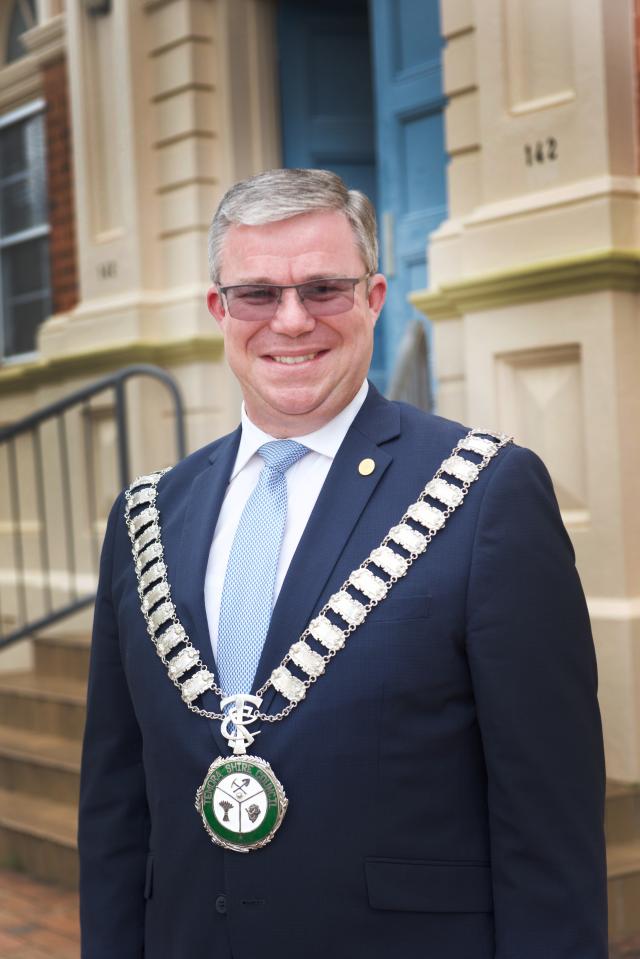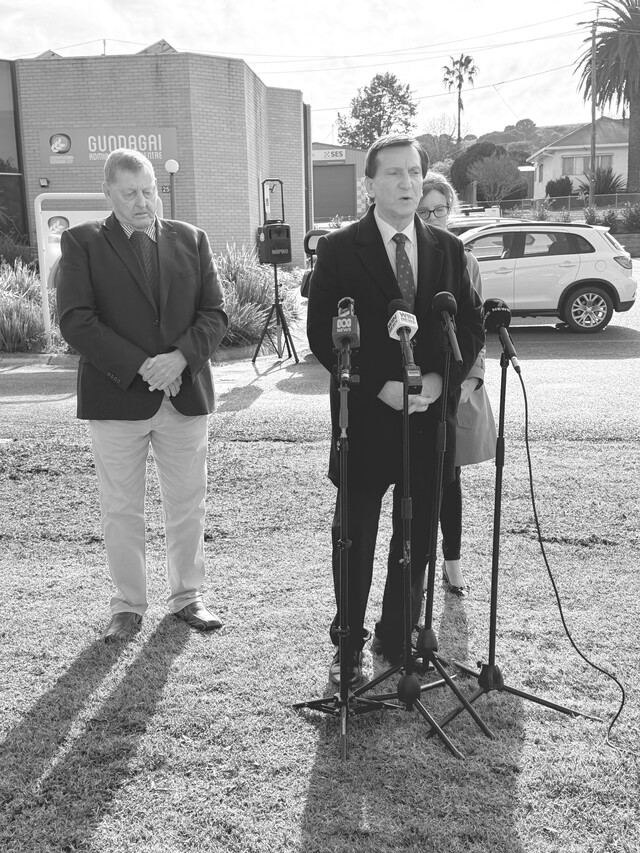The Bureau of Transport and Regional Economics (BTRE) has recently released a new report, Focus on Regions 4: Social Capital, that aims to measure and analyse key elements of social capital for Australia and its regions. The report also explores the links between social capital and the economic and social wellbeing of regions.
Social capital is a concept that has attracted considerable interest from policymakers and regional development practitioners in recent years. The basic idea of social capital is that social networks have value and can affect the productivity and wellbeing of individuals and communities.
The report describes a Social Capital Indicators Database that BTRE has developed. The database includes measures of volunteering, active membership, feelings of safety, sports participation, frequency of social contact, financial support and emotional support. These indicators relate to 2001-02 and are available for 69 broad regions.
The Social Capital Indicators Database provides a valuable new information source for Australia’s regions. It can be used to develop a more comprehensive profile of a region’s performance, by incorporating social capital alongside economic capital, human capital and natural capital.
BTRE’s General Manager Regional Research and Statistics, Andy Turner, points out that, until now, little has been known about the various forms that social capital takes in different parts of Australia.
The report finds that indicators of social capital are rarely uniformly high or low in Australian communities, with regions often displaying both strengths and weaknesses. Where a person lives has a significant influence on the social capital resources that are available to them. Community connections and financial support vary considerably across Australia’s regions. For example, individuals who live in rural areas and small towns tend to display very high levels of community involvement, particularly in comparison to residents of the major metropolitan centres. However, other aspects of social capital – such as satisfaction with family relationships and the availability of emotional support – are not particularly dependent on place of residence.
The report also finds that there is no evidence of a relationship between social capital and recent economic growth for Australia’s regions. While it is not clear which is cause and which is effect, the available evidence does support the conclusion that regions with rich stocks of social capital are generally healthier, happier, more educated and less disadvantaged.
The report and database build upon earlier BTRE Focus on Regions reports on: Industry Structure; Education, Skills and Qualifications; and Taxable Income. These publications and their associated regional databases are available free of charge at www.btre.gov.au
For more information contact Leanne Johnson, Bureau of Transport and Regional Economics, Department of Transport and Regional Services, telephone (02) 6274 7355.







